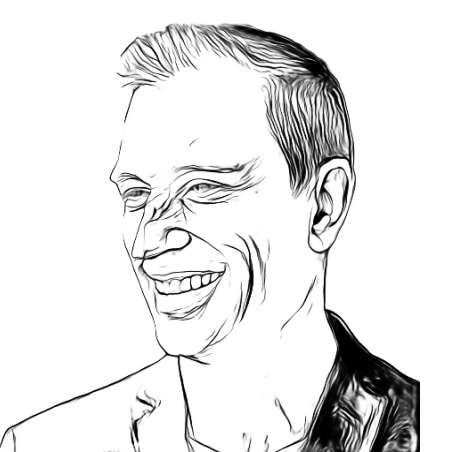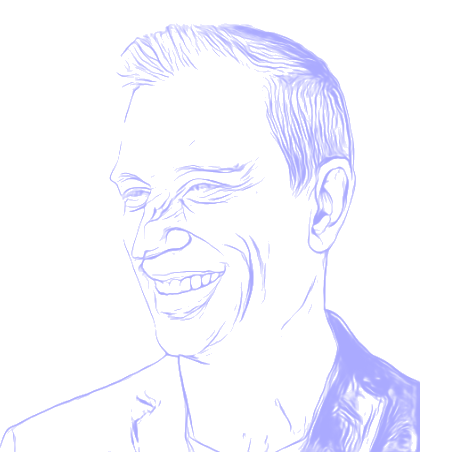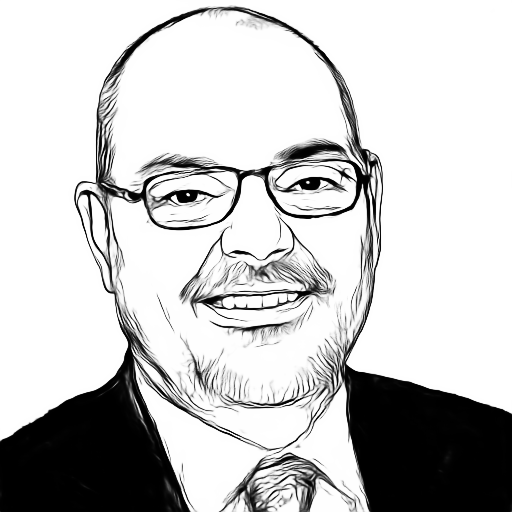Curating the perfect blend of stay length to deliver superior investor returns




Synopsis
edyn CEO Stephen McCall has spent most of his 25-year career indulging his passion for hospitality, with roles in operations, finance and governance across several continents. Before joining SACO in 2018 (which later rebranded to edyn), he held a number of executive roles at IHG including CFO for ME&A, MD for UK&I and most recently European COO. Stephen has led edyn to become one of the fastest-growing pan-European lifestyle hybrid platforms of its kind anywhere in Europe. A chartered accountant by training and Scotsman by birth, Stephen enjoys fast cars and malt whisky…but never together.
Andrew Sangster: What is the appeal of serviced apartments to guests?
Stephen McCall: The fundamental question I often pose is ‘why would you stay in a traditional hotel room rather than one of our apartments?’. Aside from the obvious functional benefits – more space, greater utility from the addition of a kitchen, etc – we believe guests are seeking more flexibility and autonomy…a space to live rather than just a room to sleep in. But it is true to say that historically service apartments and the broader extended stay sector have had limited consumer appeal given their often bland and corporate design. At edyn we have combined the best elements of the lifestyle experience – high design, animated common spaces, community-led experiences, independent F&B concepts – with the functional benefits of apartments; all for a broadly similar price point to a mainstream hotel.
Are serviced apartments a good deal for investors?
Operating margins across the extended stay sector are substantially higher than traditional hotels – lower cost of customer acquisition, leaner staffing etc - and the resilience of the model highlighted during covid provides some protection against downswings in the cycle…so it’s a very appealing model to investors when considering both profitability and investment risk management. At the peak of covid we still covered all our marginal costs on-property, but since the recovery, we continue to yield across all revenue segments – from leisure to corporate, one night to one year – and this helps us diversify revenue risk and build a solid base business.
Aren’t development costs higher when compared to regular hotel rooms?
On a like-for-like basis they are slightly higher, but the key is to optimise massing and layout planning. If you are clever with design and manage to create a range of apartment types and sizes, you can accommodate unusual buildings and improve development efficiency. It has taken a lot of experimentation for us to get to where we are now, and probably something we would not have been able to do if we were not both owner and operator.
How are you distinct from rivals?
Our focus has been to make extended stay more appealing to consumers seeking a premium lifestyle experience while developing a ‘hybrid’ model which flexes across stay occasions and lengths. We do not have many direct competitors who have genuinely thoughtful independent boutique brands which also cater to extended stay as easily as to transient. We also work hard to situate our properties in neighborhoods with character and personality – helping our guests feel like they are a more natural part of the local environment.
What are lifestyle hotels?
Boutique, lifestyle, design-led…the vocabulary is a little tired and over-used but the concept of brands that create more sensory experiences across the guest journey has never been more relevant. The deprivation of experience we suffered during covid has reminded many of the importance of travel in our lives…but we all want stories to tell. We want to come home a little bit different from the person who left. Perhaps the easy access to cheap and convenient travel has commoditised and deadened the overall experience, but maybe now we value it more. But creating a genuine lifestyle brand is far more than just contemporary design, and it's very hard to do at serious scale, so this may always be a space which the independents will rule.
How is edyn different from your time at IHG?
IHG is, in many respects, a revenue machine and a brand licensor – and fundamentally not an operator. At edyn we own and operate most of our properties, which provides complete control and a great deal more speed, but obviously at the expense of complexity and risk. Both models are equally valid, and much comes down to the typology and horizon of the investor.
Why did you leave a big company for a relative start-up?
I had spent most of my career with big brands and had grown a little tired of the slow pace of change and innovation that is inevitable among the global players with 3rd party models, and what I saw as the increasing commoditisation of the sector.. I wanted to try something which was closer to the edge, and I had watched the rise of independent lifestyle brands with genuine interest.
What were the challenges when taking on your new role?
We are a fully integrated platform – so I had to get my head around everything from origination to acquisition, across development and design into operations and support – but were a small business when I started, so I had to dive in deeper and in far more detail than I had ever expected. Incredible learning experience.
What have you learned about real estate?
The level of risk always surprises me – values can shift materially and rapidly, and the speed with which development contingencies can evaporate is frightening. All of this was deepened and accelerated by covid, as with many other things. But I think keeping the real estate control together with brand and operations helps you refine and evolve in real-time and can confer massive advantages over 3rd party models.
What do hoteliers get wrong?
We tend to think like hoteliers too much and not like consumers enough. This leads to odd outcomes like overpriced breakfast, wifi charges, ‘business’ hotels, mini bar charges…the list goes on.
Are there too many hotel brands?
It is not so much the proliferation of brands as their lack of identity that worries me. A hotel brand is far more than just a sign and a design scheme, and takes years of trial and refinement – it should not really be possible to launch a new brand every month.
How do you compare to other brands?
Our hybrid model is really quite different so we tend to triangulate and calibrate our revenue decisions based on the marginal profitability of the guest rather than the absolute room rate. We favor the ‘sanity of GOP’ over the ‘vanity of ADR’. For our Locke brand, each property has a unique design, its programming is influenced by a community of local artistic and cultural muses, and we partner with local bar and restaurant operators to create a more authentic experience than hotels can typically deliver. Wherever possible, we try to step outside the norms of the standard model.
Did Covid impact your distribution strategy?
We opened all our revenue channels with no restraint in the overriding priority to survive, and this actually led us to develop a broader hybrid channel and distribution strategy for ‘normal’ times. It's true to say that crises can be instructive…
Why are you not chasing more hotel guests?
Our sweet spot in terms of profitability is lengths of stay between 7 and 28 days, and we can then yield the shorter stay business when the market is compressed and build base into the longer stays. Too much transient business means we risk ending up with margins that look like a standard hotel.
What do you think about co-living?
I don’t think I understand the economics very well. I think the low rates associated with the concept often mean micro rooms and tertiary locations and I’m not sure how well that works. I’m certainly not an expert, but I don’t think the model so far has lived up to its original hype.